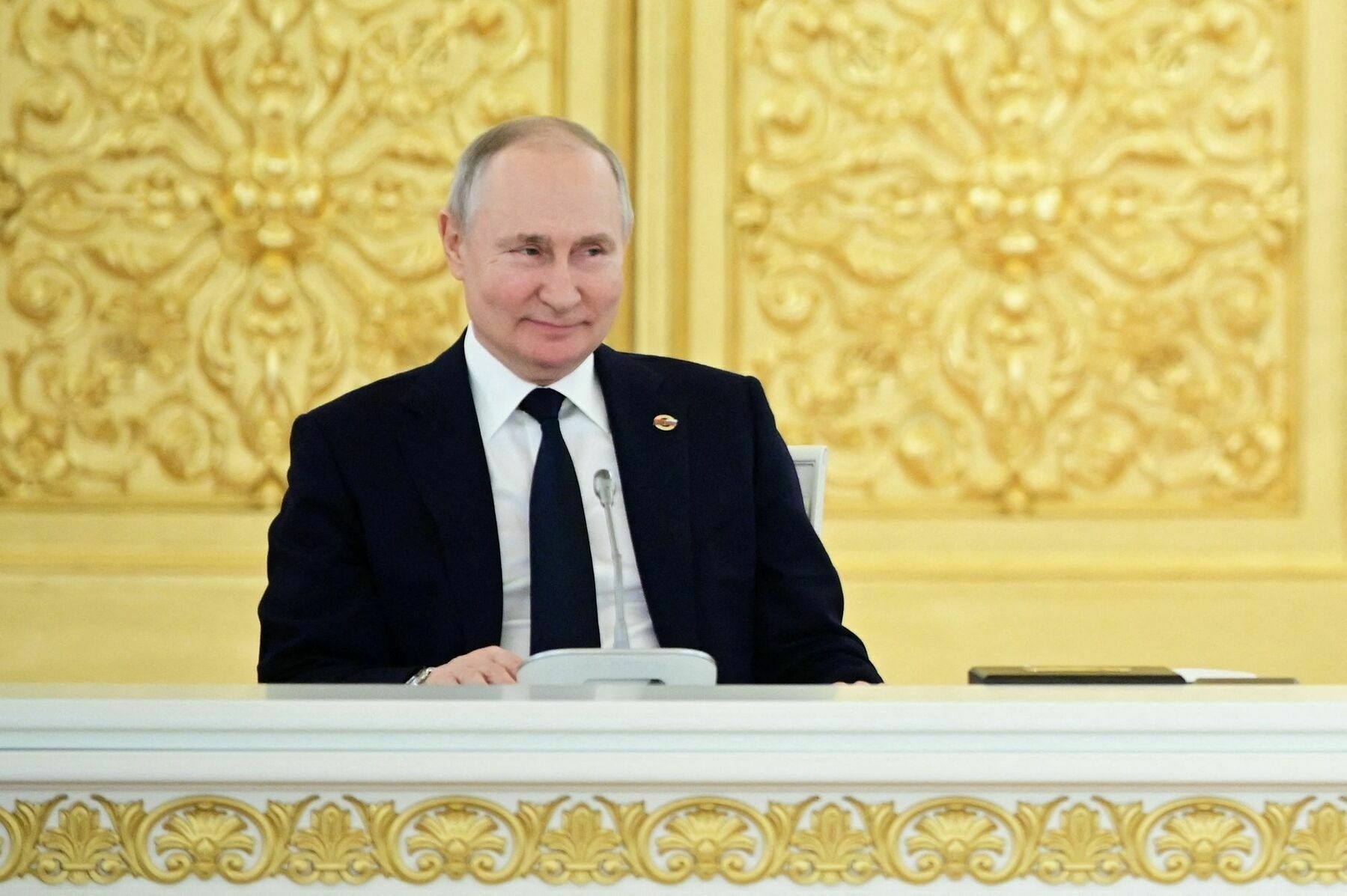
Key developments on June 7-8:
- US expects Russia’s retaliation for Operation Spiderweb to continue soon
- Ukraine denies Russian troop presence in Dnipropetrovsk Oblast amid offensive, describes situation as ‘tense’
- Trump administration redirects 20,000 anti-drone missiles meant for Ukraine, Zelensky confirms
- Ukraine downs fighter jet in Russia’s Kursk Oblast, Air Force says
- ‘I am against Ukraine’s entry into the European Union,’ Polish president-elect Nawrocki says
The U.S. believes Russia has not yet fully responded to Ukraine’s Operation Spiderweb and may soon launch another large-scale, multi-pronged strike following the massive June 6 attack, Reuters reported on June 8, citing unnamed U.S. officials.
One official told Reuters that, while the timing remains unclear, a retaliatory strike could be expected in the coming days and is likely to be “asymmetrical.” Another U.S. source said Russia would likely employ missiles and drones to hit a combination of targets.
The U.S. assessment follows the June 1 attack by Ukraine’s Security Service (SBU) on four Russian air bases using drones launched from trucks concealed within Russian territory.
Kyiv’s operation reportedly damaged 41 aircraft, including Tu-95 and Tu-22M3 bombers — two of Russia’s primary platforms for missile attacks against Ukraine.
The Kyiv Independent could not independently verify the number of aircraft hit. At least 21 planes were damaged or destroyed, according to open-source intelligence analysts.
A Western diplomatic source told the outlet that the Kremlin's response could focus on high-value government sites, such as administrative buildings or intelligence facilities.
Michael Kofman, a military analyst with the Carnegie Endowment for International Peace, suggested Moscow may aim medium-range ballistic missiles at headquarters belonging to the SBU, which organized the operation.
On June 6, Russia launched one of its most intense aerial barrages of the full-scale war, firing 452 drones and 45 missiles at Ukrainian cities and infrastructure, according to the Air Force. The attack was likely part of Russia's response to Operation Spiderweb.
At least four civilians were killed, including emergency service workers, and 80 others were injured in the overnight assault, President Volodymyr Zelensky reported.
The June 6 strikes followed a phone call between Russian President Vladimir Putin and U.S. President Donald Trump on June 4, during which Putin reportedly vowed to retaliate against the Ukrainian drone operation.
U.S. officials say Moscow's June 6 barrage may not be the full extent of its response. Russia has carried out near-nightly air assaults in recent weeks, several of which predated Spiderweb, making it difficult to separate a targeted reprisal from Russia's ongoing campaign of attrition.
Shortly after the June 6 Russian attack, Trump seemed to justify the aggression against Ukrainian cities that was launched in response to Ukraine's Operation Spiderweb.
"They gave Putin a reason to go in and bomb the hell out of them last night," Trump told reporters aboard Air Force One on June 6.
 The Kyiv IndependentAbbey Fenbert
The Kyiv IndependentAbbey Fenbert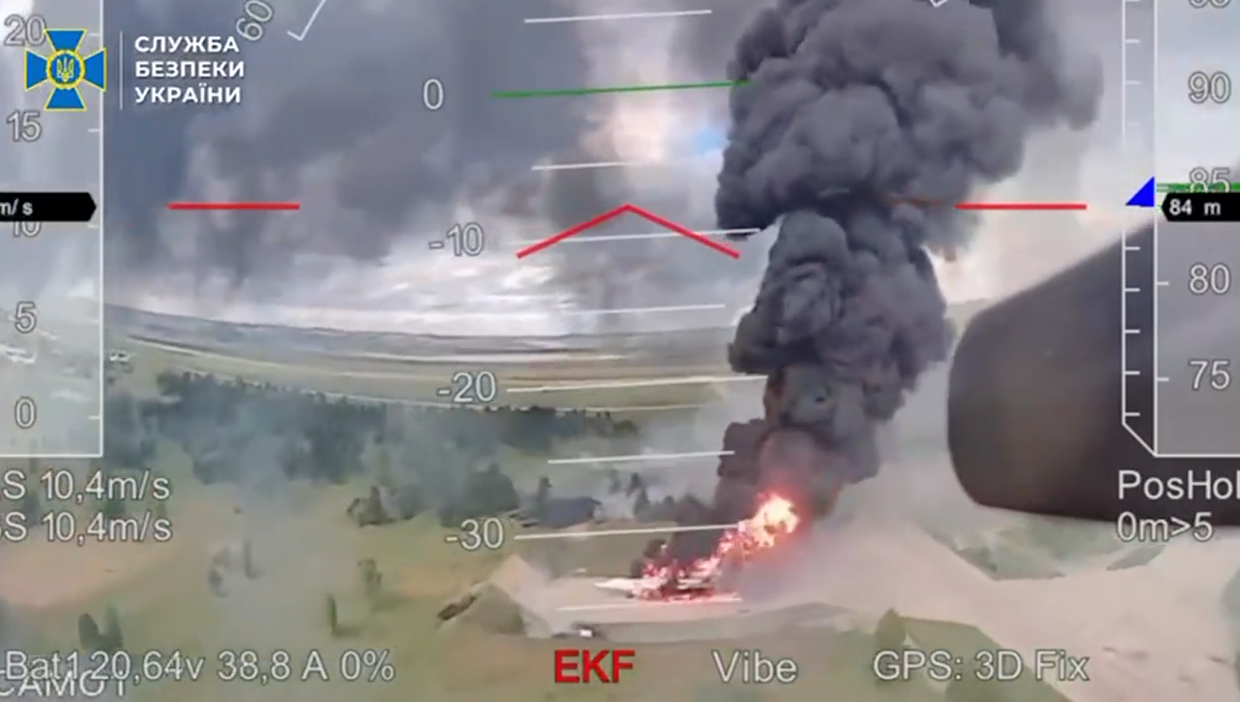
Ukraine denies Russian troop presence in Dnipropetrovsk Oblast amid offensive, describes situation as 'tense'
Russian forces continue their efforts to break into Dnipropetrovsk Oblast, Ukraine's Southern Defense Forces reported on June 8, saying that the situation around the 31st Separate Brigade's positions remains "tense."
"The enemy has not abandoned its plans to enter Dnipropetrovsk Oblast," the Southern Defense Forces wrote on Telegram. "Our soldiers are bravely and professionally holding their section of the front, thwarting the occupier's plans."
The comment follows the Russian Defense Ministry's June 8 claim that its forces had entered Dnipropetrovsk Oblast.
Despite the claims, Major Andrii Kovalev, a spokesperson for Ukraine's General Staff denied Russian troop presence in the region.
"The information is not true. Fighting is ongoing in Donetsk Oblast. The enemy did not enter Dnipropetrovsk Oblast," Kovalev told Ukrainska Pravda.
In a separate statement to CNN, Viktor Trehubov, a spokesperson for for Ukraine's Khortytsia group of forces said that "the Russians are constantly spreading false information that they have entered the Dnipropetrovsk region from the Pokrovsk and Novopavlivka directions, but (in neither place) is this information true.”
The 31st Brigade is deployed in the Novopavlivka direction, where Donetsk, Zaporizhzhia, and Dnipropetrovsk oblasts converge. Since 2014, Russian aggression has heavily impacted Donetsk Oblast, while Dnipropetrovsk Oblast has remained free from direct incursions.
The denials from Ukraine's militaary come amid continuing Russian offensives in eastern and northern Ukraine, along with escalating diplomatic efforts that have yet to yield a ceasefire.
President Volodymyr Zelensky's Deputy Chief of Staff Pavlo Palisa said on June 6 that Russia aims to occupy all Ukrainian territory east of the Dnipro River and advance toward Odesa and Mykolaiv in a broader plan to sever Ukraine's access to the Black Sea, amid a renewed summer offensive.
On May 21, Ukrainian officials rejected similar claims that Russian troops had reached Dnipropetrovsk Oblast's administrative boundary.
Serhii Lysak, head of the regional military administration, called the reports "fake," citing doctored photos allegedly showing Russian soldiers in the area.
The Ukrainian monitoring project DeepState analyzed one such image and determined it had been taken in Troitske, a village in Donetsk Oblast.
As a precaution, Dnipropetrovsk Oblast began mandatory evacuations of children and families from four front-line villages in late April — Kolona Mezhova, Novopidhorodne, Raipole, and Sukhareva Balka — located just 5 to 15 kilometers from Russian positions.
Despite the lack of verified ground incursions, Dnipropetrovsk has endured frequent Russian missile, drone, and aerial attacks since the full-scale invasion began.
The ongoing Russian advance occurs as peace efforts remain stalled, and U.S.-brokered negotiations have failed to achieve a ceasefire.
 The Kyiv IndependentTim Zadorozhnyy
The Kyiv IndependentTim Zadorozhnyy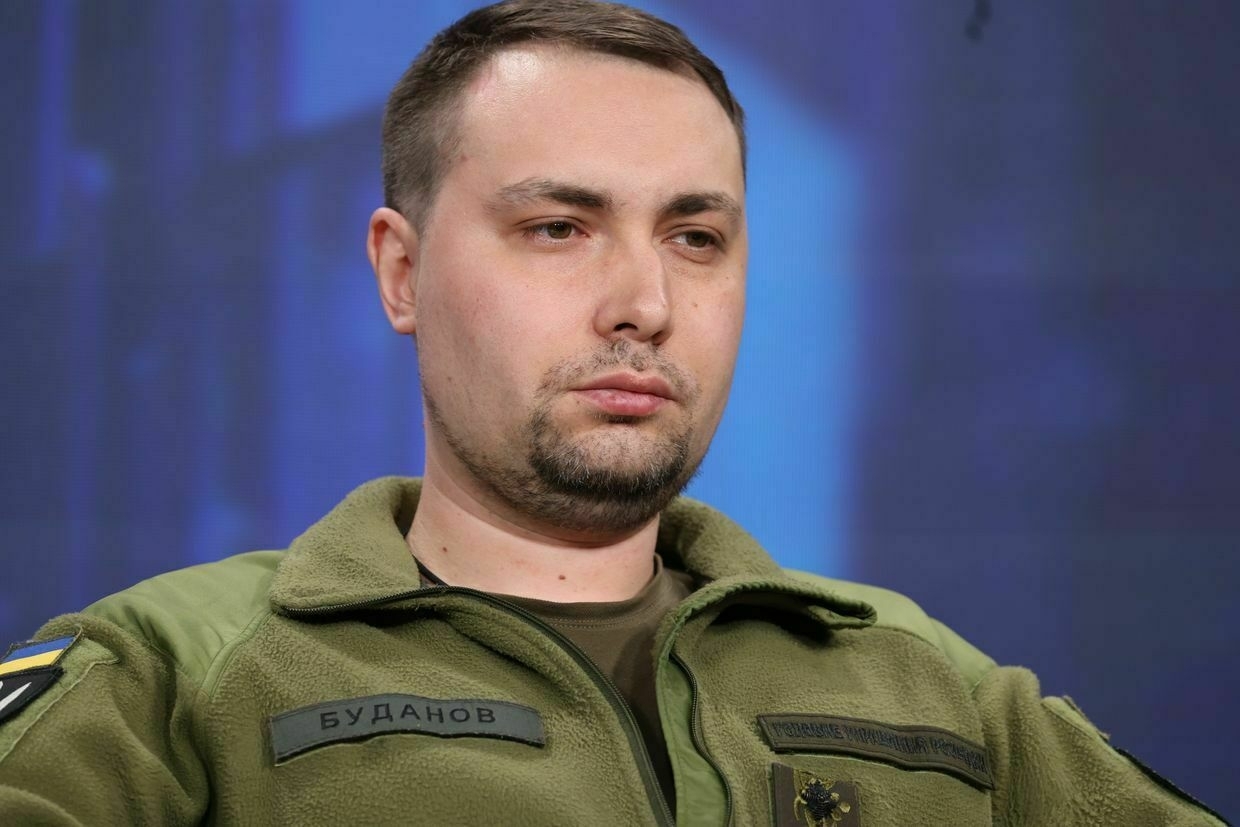
Trump administration redirects 20,000 anti-drone missiles meant for Ukraine, Zelensky confirms
Zelensky confirmed that Trump's administration diverted 20,000 anti-drone missiles originally intended for Ukraine to American forces in the Middle East, in an interview with ABC News published on June 8.
Zelensky said Ukraine had counted on the missiles to help counter relentless Russian drone attacks, which include swarms of Iranian-designed Shahed-type drones. On June 1, Russia launched a record 472 drones in a single night.
"We have big problems with Shaheds… we will find all the tools to destroy them," Zelensky said. "We counted on this project — 20,000 missiles. Anti-Shahed missiles. It was not expensive, but it's a special technology."
Zelensky said the plan had been agreed upon with then-U.S. Defense Secretary Lloyd Austin and was launched under President Joe Biden's administration.
The Wall Street Journal reported on June 4 that the Trump administration had redirected the munitions, which include special fuzes used in advanced rocket systems to intercept drones, toward U.S. forces stationed in the Middle East.
The Pentagon reportedly informed Congress in a classified message that the reallocation of the fuzes for the Advanced Precision Kill Weapon System was deemed an "urgent issue" by current Defense Secretary Pete Hegseth.
A Ukrainian military intelligence (HUR) source told the Kyiv Independent on June 4 that Russia is preparing to launch more than 500 long-range drones per night in future attacks, as Moscow rapidly scales up drone production and constructs new launch sites.
The Trump administration has halted the approval of new military aid packages to Ukraine since the start of his second term in January.
 The Kyiv IndependentTim Zadorozhnyy
The Kyiv IndependentTim Zadorozhnyy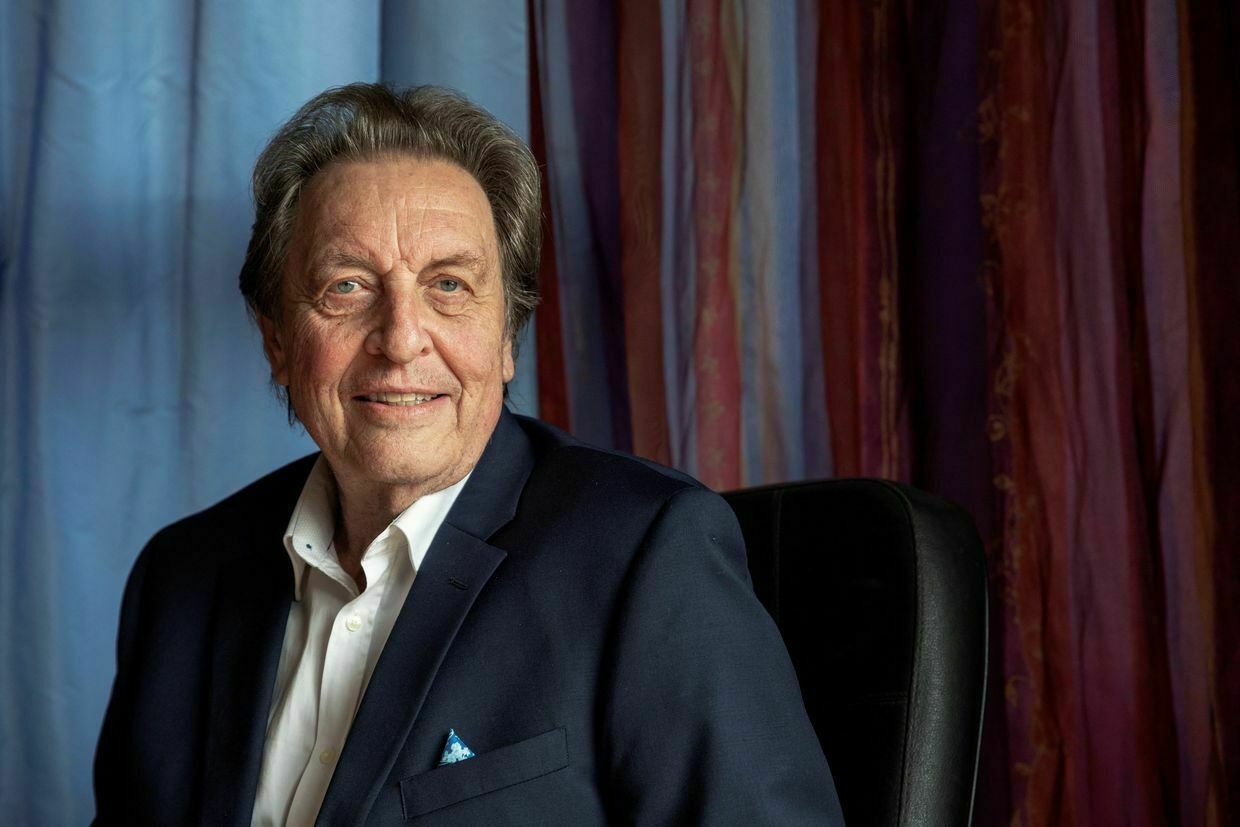
Ukraine downs fighter jet in Russia's Kursk Oblast, Air Force says
Ukraine shot down a Russian Su-35 fighter jet in Russia's Kursk Oblast on the morning of June 7, the Air Force reported.
Although no details of the operation were disclosed, the downing brings the total number of Russian aircraft destroyed since the start of the full-scale invasion to 414, according to Ukraine's General Staff.
Ukraine launched a cross-border incursion into Kursk Oblast in August 2024, marking the first large-scale invasion of Russian territory by foreign forces since World War II.
Reinforced by North Korean troops, Russia launched a push to recapture the region in early March, with Ukraine being forced to pull back from much of the initially taken territory, including the town of Sudzha.
The downing of the Su-35 fighter jet also adds to the losses Ukraine has inflicted on the Russian Air Force over the past week during Operation Spiderweb.
 The Kyiv IndependentTim Zadorozhnyy
The Kyiv IndependentTim Zadorozhnyy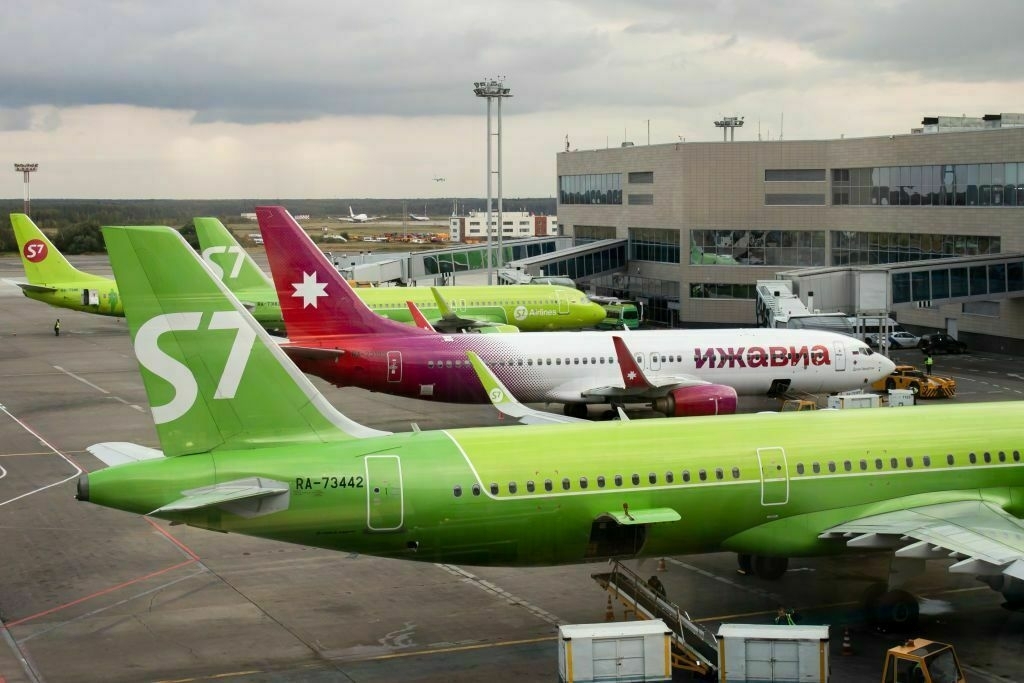
'I am against Ukraine's entry into the European Union,' Polish president-elect Nawrocki says
"At the moment, I am against Ukraine's entry into the European Union," Polish President-elect Karol Nawrocki told Hungarian outlet Mandiner in an interview released on June 7.
"On the one hand, we must support Ukraine in its conflict with the Russian Federation, but Ukraine must understand that other countries, including Poland, Hungary, and other European countries, also have their own interests," he said.
Nawrocki won the second round of the Polish presidential election on June 1 with 50.89% of the vote. He has previously voiced opposition to Ukraine's membership in the EU and NATO, despite supporting Ukraine's sovereignty.
"Poland has such an interest, for example, in the exhumation of the Volyn (massacre) victims," Nawrocki said.
Polish and Ukrainian researchers began exhuming victims of the World War II era massacres on April 24 in Western Ukraine.
It was the first such exhumation since 2017, when Ukraine imposed a moratorium in response to the destruction of Ukrainian Insurgent Army (UPA) memorials in Poland.
"During the campaign, I did not agree, and as president, I will not agree, to unfair competition with Ukraine for Polish agriculture or the logistics sector," Nawrocki said.
EU tariffs on Ukrainian agricultural exports resumed on June 6, amid opposition to Ukrainian exports and its EU accession from eastern European members, including Hungary and Poland.
"I see Ukraine as a country that, although it is very bravely defending itself against the Russian Federation, must also respect the interests of other countries that otherwise support Ukraine," he said.
In contrast to other Eurosceptic leaders in Europe, including Slovak Prime Minister Robert Fico and Hungarian Prime Minister Viktor Orban, Nawrocki does not express pro-Russian views, but has repeatedly accused President Volodymyr Zelensky of taking advantage of allies.
 The Kyiv IndependentKate Tsurkan
The Kyiv IndependentKate Tsurkan

